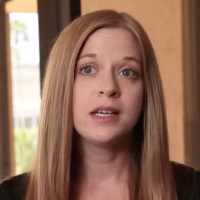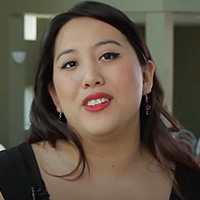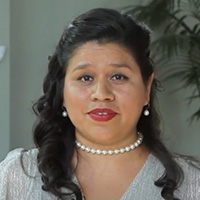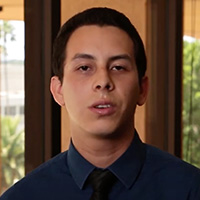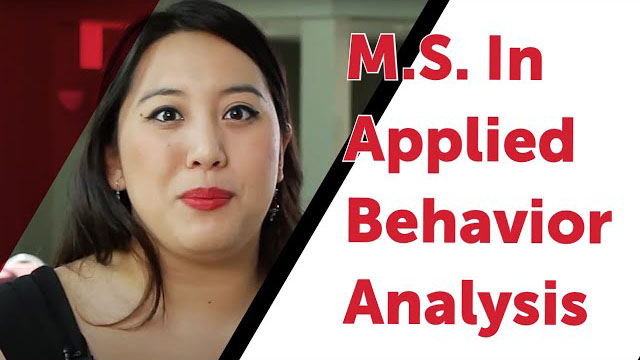About This Program
Programs Highlights
94% of CSUN's ABA graduates passed the 2023 BCBA Exam on their first attempt. That's compared to a national average of just 56%. (See BACB pass rates). CSUN ranked third internationally in pass rates of first-time test-takers in 2018.
On-campus and off-site practicum options are arranged for you so you can obtain the required supervised fieldwork hours.
Students could be eligible for paid positions with partnering agencies, federal work study, student assistantships, and more. In prior years, more than 80% of our students held at least one paid position.
Many students get hands-on experience such as working as a student assistant, presenting at conferences, or conducting research.
Upon graduating, 90% of our students have jobs in the field of Behavior Analysis.
CSUN's cohort model lets you progress through the program with the same peer group. With this format, enrollment is guaranteed in all courses, leading to exceptionally high graduation rates.
Job Outlook: Public Sector
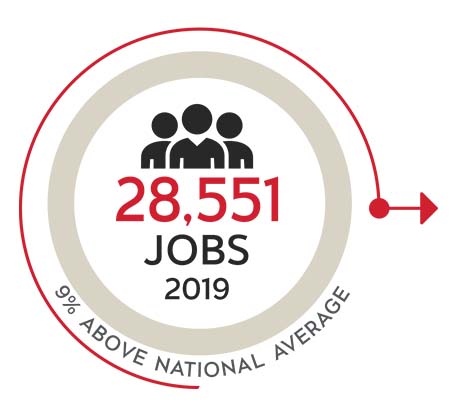
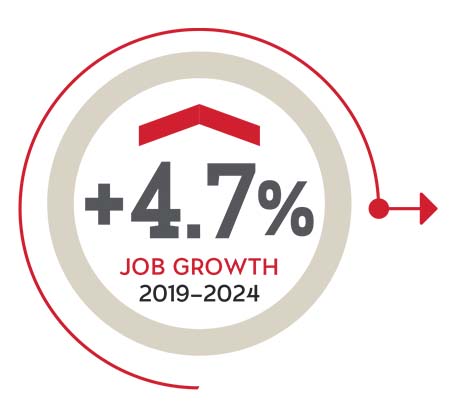
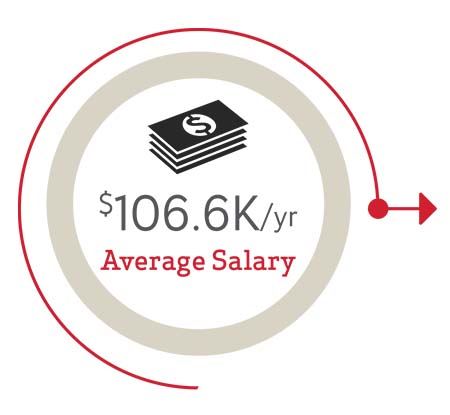
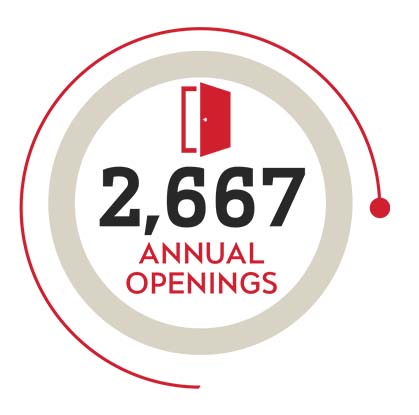


Job Outlook: Social Services
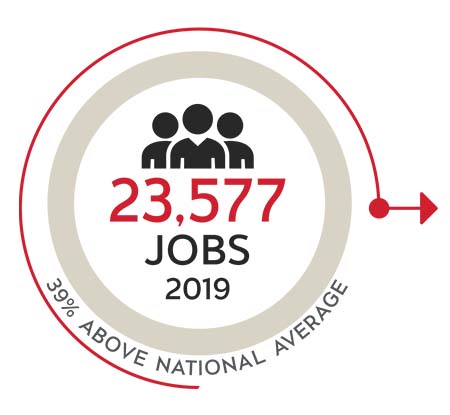
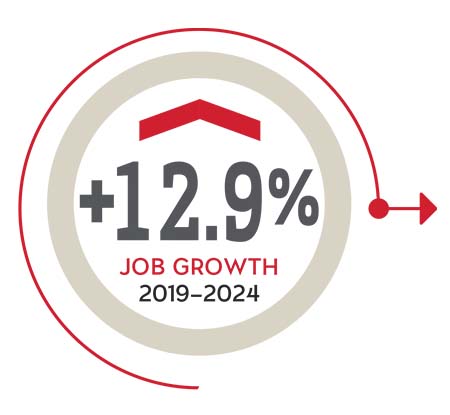
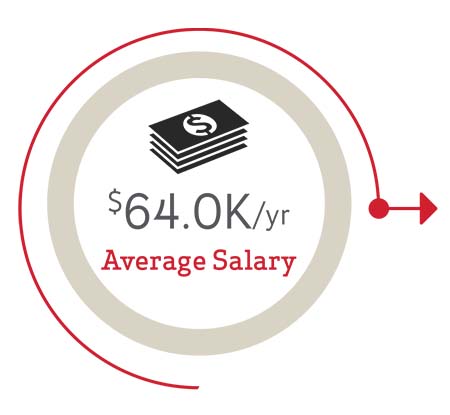
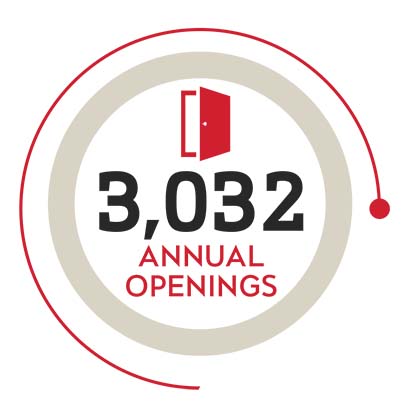
About the Master of Applied Behavior Analysis Program at CSUN
What do Behavior analysts do?
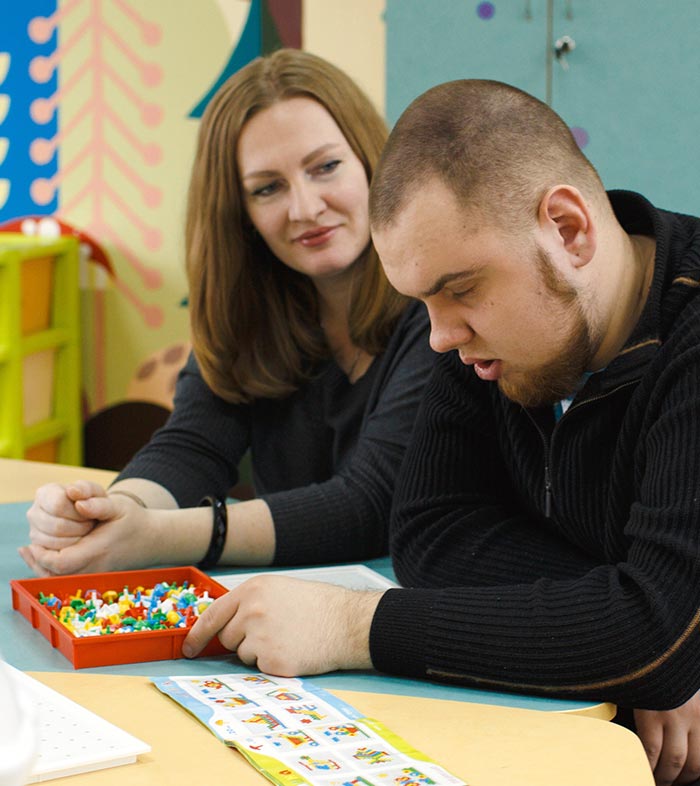
Meet your Faculty from Tseng College

Off-site Clinical Practicum Supervisor

Research and Clinical Practicum Supervisor

Research and Clinical Practicum Supervisor

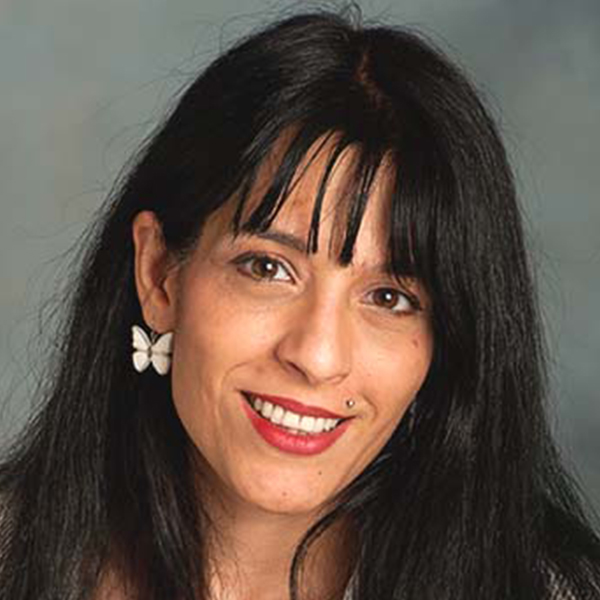
Research and Clinical Practicum Supervisor
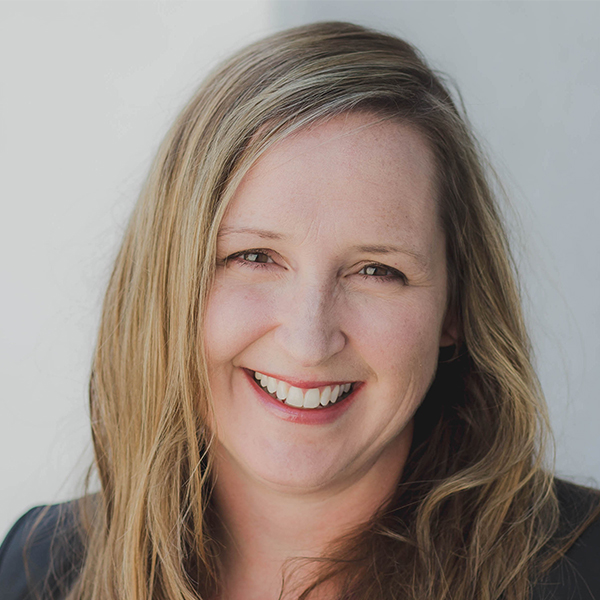
Research and Clinical Practicum Supervisor
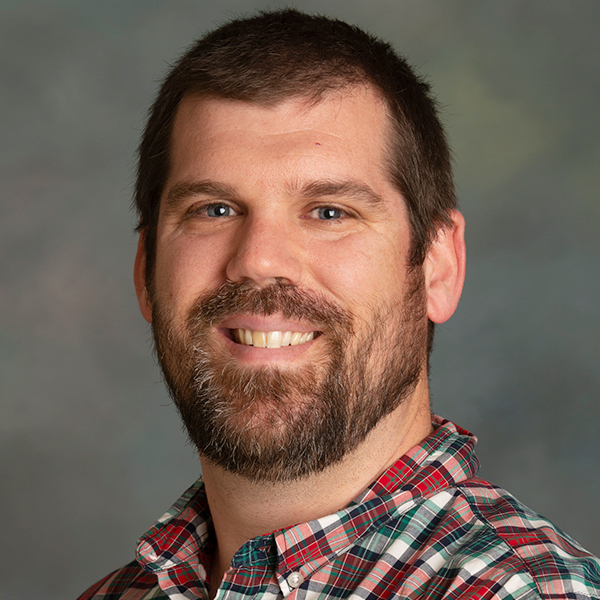
Off-site Clinical Practicum Supervisor
Career Opportunities

Students Success stories


